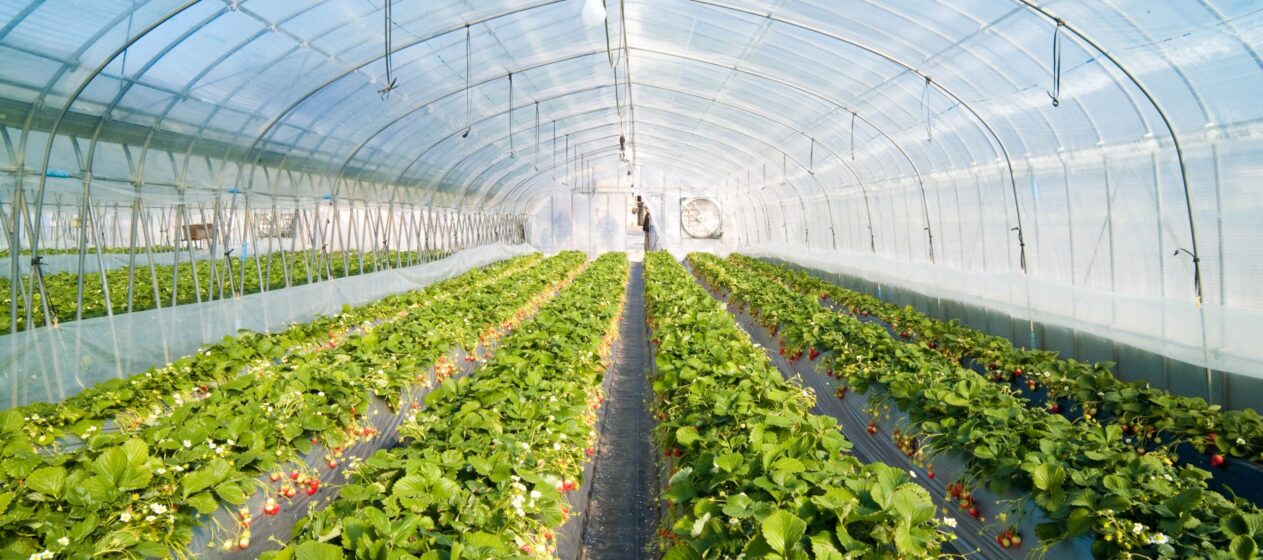Ensuring food sovereignty has become a critical issue for Morocco, particularly in the face of escalating climate challenges. Agricultural interprofessional organizations play a key role in safeguarding food security by coordinating efforts among various stakeholders in the sector.
Morocco is currently experiencing an extended period of drought, with six consecutive years of insufficient rainfall. In 2025, precipitation levels were 53% below the 30-year average, leading to a significant decline in water resources and severely impacting agriculture. The reservoirs in key farming regions, such as Doukkala and Souss-Massa, have reached critically low levels, with fill rates of just 2% and 15%, respectively.
Water scarcity has triggered a 38% decline in cattle and sheep populations compared to the last livestock census conducted nine years ago. The shrinking availability of grazing land has also led to a drop in meat production, forcing the country to increase imports to stabilize domestic prices.
In response to these challenges, Morocco has launched ambitious strategies to modernize and strengthen its agricultural sector. The Green Morocco Plan, introduced in 2008, helped increase the sector’s added value from 65 billion dirhams in 2008 to 125 billion dirhams in 2018, marking a 92% growth. This initiative also contributed to a 34% rise in agricultural exports.
Building on these achievements, the Generation Green 2020-2030 strategy was launched to promote sustainable agricultural development. This roadmap focuses on modernizing production techniques and training a new generation of farmers. Agricultural interprofessional organizations are key partners in implementing this strategy, actively contributing to improving the performance of various agricultural sectors.
By bringing together different players within the same industry, these interprofessional organizations play a crucial role in structuring and enhancing the sector’s competitiveness. They facilitate coordination between producers, processors, and distributors, ensuring better resource management and optimizing the value chain. Their involvement is vital in addressing the challenges of food security and ensuring the long-term sustainability of Moroccan agriculture.
